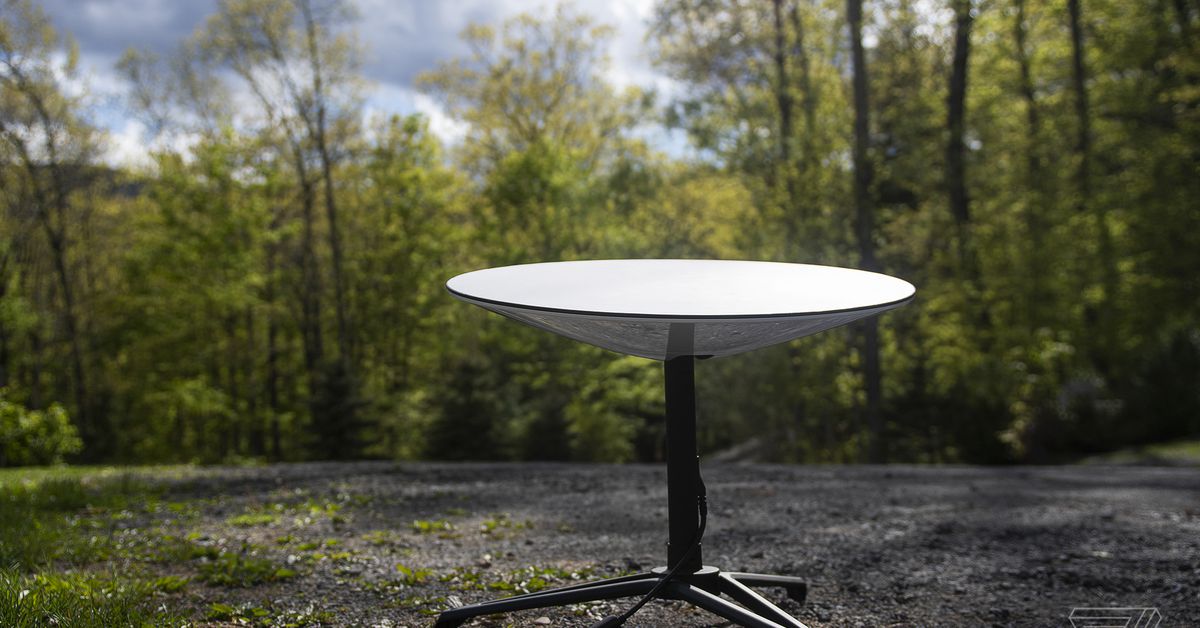FCC rejects Starlink’s bid for rural internet subsidies due to its $600 satellite dish - 2 minutes read

The Federal Communications Commission (FCC) has rejected Starlink’s application for $885 million in federal subsidies that it would use to provide satellite internet to broadband customers in rural areas. The FCC cites the SpaceX-owned company’s $600 dish and states that Starlink “failed to demonstrate” that it “could deliver the promised service.”
The funding is part of the broader $9.2 billion Rural Digital Opportunity Fund that provides an incentive for telecom companies to extend internet service to rural and underserved locations. In 2020, Starlink won an initial $885.5 million subsidy as part of a Phase 1 rollout of the program. The FCC also rejected LTD Broadband’s bid for the funding after it initially received $1.3 billion in 2020.
“Starlink’s technology has real promise,” FCC chair Jessica Rosenworcel explains. “But the question before us was whether to publicly subsidize its still developing technology for consumer broadband — which requires that users purchase a $600 dish — with nearly $900 million in universal service funds until 2032.”
Starlink increased the price of its starter kit and internet service earlier this year. To get set up, Starlink users now have to pay a $599 upfront fee for the satellite dish (dubbed Dishy McFlatface) on top of the $110 per month price for internet service. (It previously cost $499 for the starter kit and $99 per month.)
Last year, the FCC warned Starlink and other companies that subsidies couldn’t be used to add connectivity to “parking lots and well-served urban environments.” A report from the media policy organization Free Press revealed that $111 million of Starlink’s funding was set to go to urban areas that don’t need the additional connectivity. In an effort to “clean up” the program, the FCC asked providers to give up funding for areas that aren’t in need of service.
Source: The Verge
Powered by NewsAPI.org